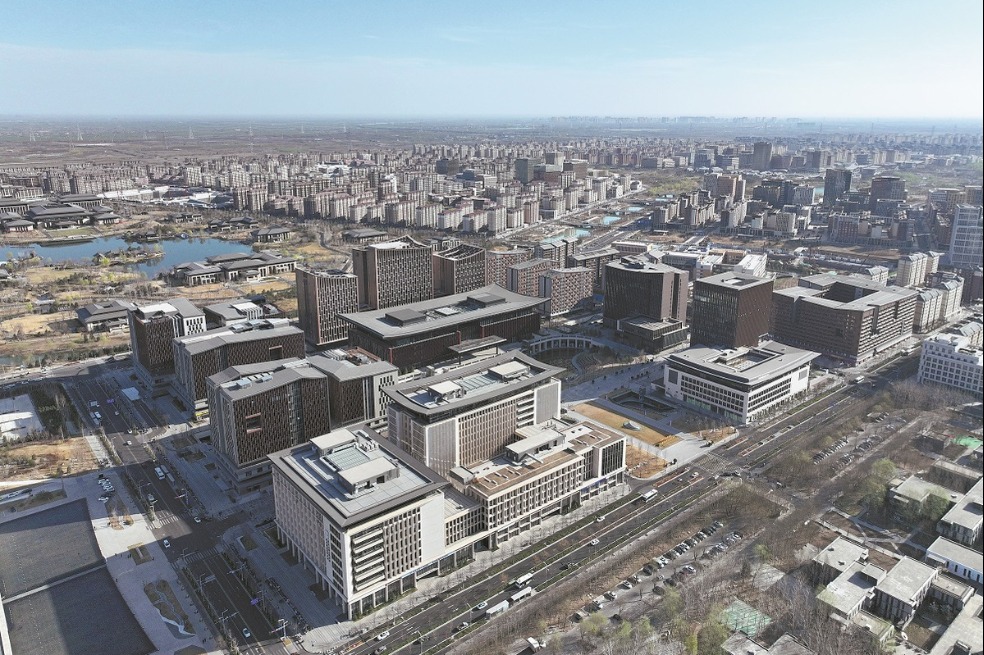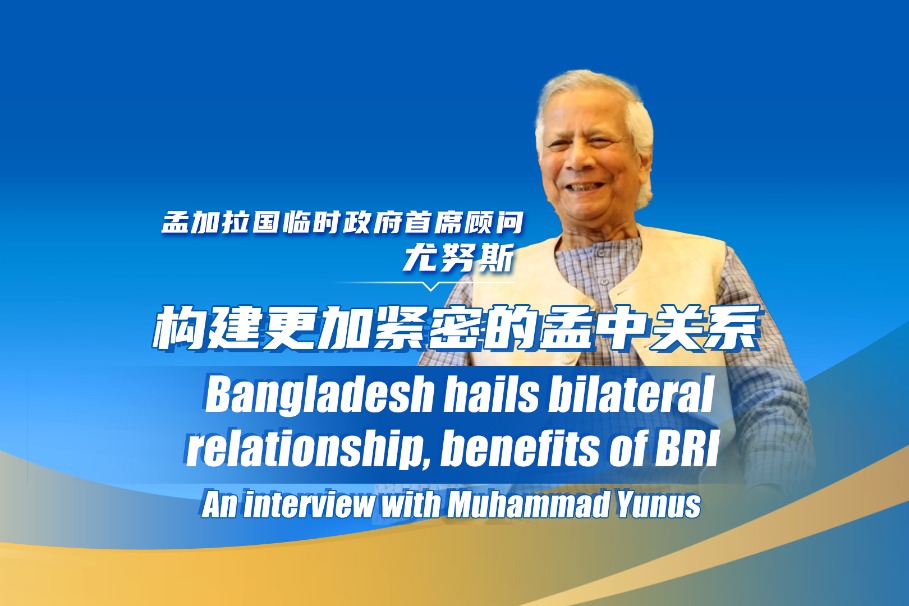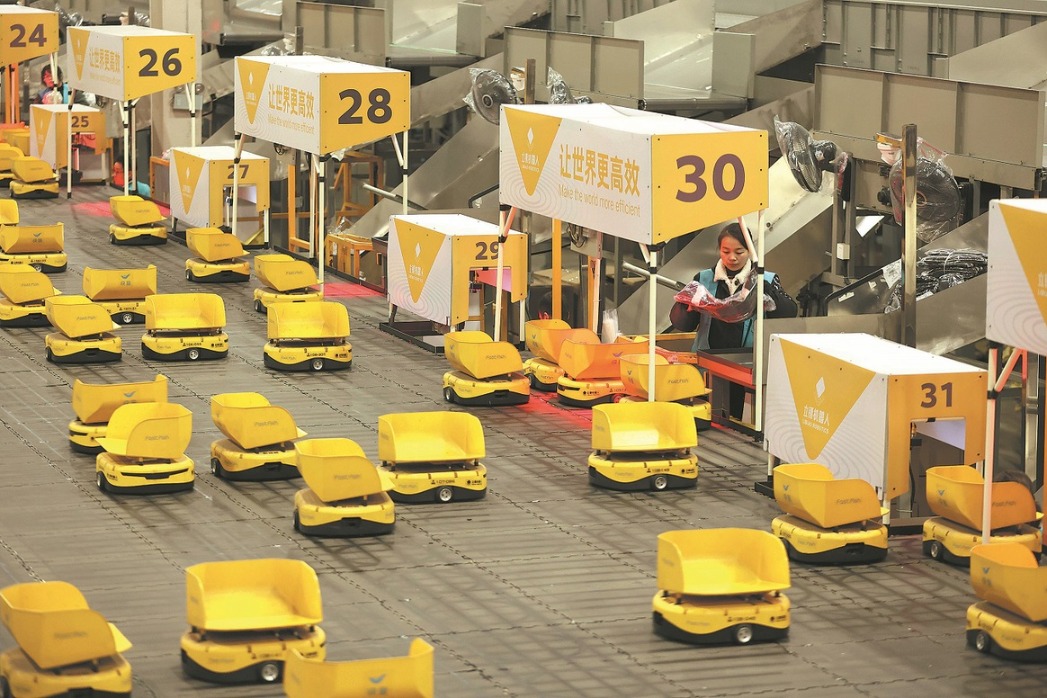Nation doubling down on innovation for growth
By OUYANG SHIJIA | China Daily | Updated: 2025-04-02 09:01
China is making strategic moves to secure long-term sustainable growth by doubling down on innovation, with a sharpened focus on emerging fields such as artificial intelligence, said Ben Simpfendorfer, a partner at consultancy Oliver Wyman.
"China is making all the right moves to secure long-term sustainable growth," Simpfendorfer said during an exclusive interview with China Daily. "The country is turning from the world's factory to the world's innovation hub. We've seen developments across clean tech, artificial intelligence, as well as biopharmaceuticals that are all very encouraging."
The shift is crucial as China moves away from its traditional reliance on labor and capital, transitioning toward a model driven by productivity gains, he noted.
"China has been searching for a lever to improve productivity over the last 10 years and move on from old growth models. Artificial intelligence provides that lever," he added. "It's a real driver of long-term growth."
He said China has significant advantages in AI adoption, including a vast domestic market to scale products, a robust manufacturing sector for integrating products, and State-led strategies to mobilize resources. "The combination of those three things will drive AI throughout the economy and potentially, and most likely, achieve the type of productivity gains that will drive long-term growth higher," he said.
According to this year's Government Work Report, under the AI Plus initiative, the country will work to effectively combine digital technologies with China's manufacturing and market strengths. The country will support the extensive application of large-scale AI models and vigorously develop new-generation intelligent terminals and smart manufacturing equipment.
The mass application of AI across industries — including manufacturing, healthcare, education, and finance — will be critical. "It's not just about chasing frontier artificial intelligence, finding the next and the best model. It's about mass application of artificial intelligence, rewiring the entire economy," Simpfendorfer said.
Lin Shen, an associate research fellow at the Chinese Academy of Social Sciences' Institute of World Economics and Politics, emphasized the structural transformation of the Chinese economy, where new growth drivers are replacing traditional ones. "Our new quality productive forces, supported by AI, have integrated well with manufacturing and the real economy. The next step will be significant advancements in application scenarios," he said.
Lin also pointed out that government policies promoting innovation and emerging industries will further support economic momentum. "Policies designed to foster innovation and develop emerging industries have been steadily implemented. Fiscal policies and other innovation-friendly measures will play a crucial role in sustaining economic growth throughout the year," he said.
China is prioritizing the development of new quality productive forces and technological innovation in its economic agenda for the year. Policymakers recently announced a series of supportive measures to create new growth drivers for the world's second-largest economy.
The National Development and Reform Commission recently unveiled plans to establish a national venture capital guidance fund, aiming to enhance, strengthen and expand innovative enterprises. The fund is expected to attract nearly 1 trillion yuan ($138 billion) in capital from local governments and the private sector.
Meanwhile, the People's Bank of China, the country's central bank, announced plans to launch a science and technology board with other related departments in the bond market this year to provide financial support for technological innovation.
While China still faces near-term economic headwinds, Simpfendorfer believes its long-term prospects remain strong. "China needs to double down on its pursuit of innovation — less focused on the potential short-term impact of US tariff hikes, and more focused on what the long-term benefits are of continuing to invest in more advanced sectors.
"Pursuing innovation-led growth will secure the country's economic future over the next few decades. So it's not just a nice-to-have. It's a need-to-have if the country wants to continue on a sustainable trajectory," he said.

























